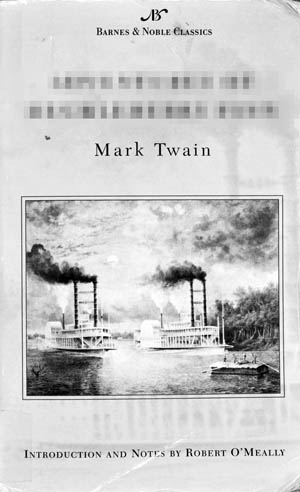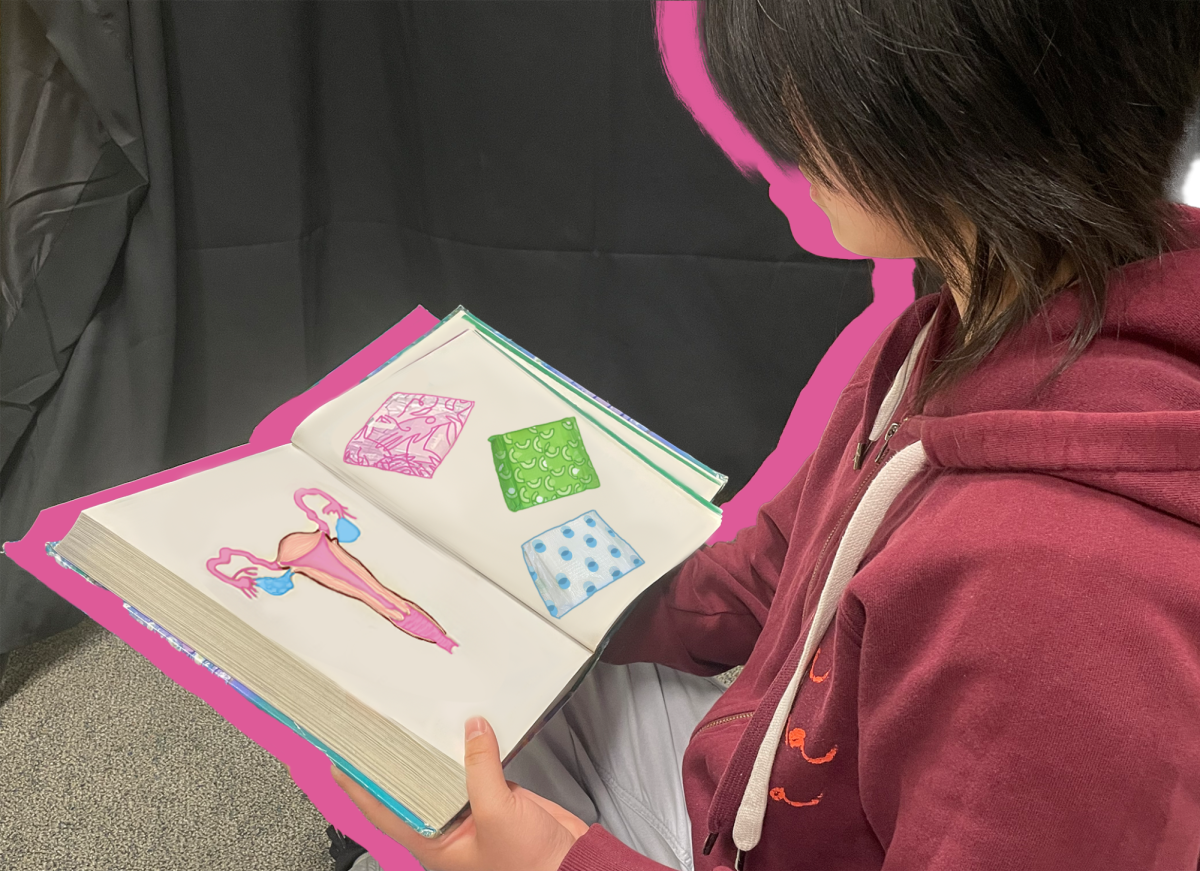
Our generation has been brought up around all different levels of profanity, from those who swear like truckers to those who don’t swear at all. So it is only understandable that we are generally less concerned with the use of profanity in everyday custom than adults are, simply because we have grown up in an environment where swear words are casually thrown about wherever we go.
But in the classroom, controversial words are somewhat of a gray area. It’s different from a kid in class accidentally swearing loud enough for everyone to go silent and wait for the teacher to react. It has to do with the feeling of general discomfort of using certain words because of what they represent.
Literary profanity
In books which many literature classes read, such as “Adventures of Huckleberry Finn” and “To Kill a Mockingbird”, the concern is with the numerous uses of the word “nigger”. This word has major cultural and historic impact, representative of the memories of injustices and crimes done to blacks through American history. Teachers have different policies on what is an appropriate use of the word; some choose to leave it out completely or replace it with another, less controversial word in the classroom environment.
Of course, it is far from appropriate to use this word in daily conversation or to address friends as such in casual greetings. But teenage slang aside, sheltering students from the word in the context of literature does not do justice to the text.
Nat Hentoff, former writer for the New York Times, includes interviews in his essay “Huckleberry Finn in the Classroom” from black eighth graders of Brooklyn, NY who had opinions on the controversy around the book. They eagerly said that black students were smart enough to understand the anti-racist message of Mark Twain’s novel, and that the meaning of “nigger” depended on the context in which it was used. Hentoff mentions that the word was used 160 times. By omitting or replacing the word, teachers leave out an element of analysis that are significant to a true understanding of the literature. They hinder students from comprehending the reasons for Mark Twain’s numerous uses of the word throughout the entire novel.
Class-appropriate
The negative connotation that accompanies the word is actually amplified by the way we try to manipulate it in the classroom. Everyone knows the word is supposed to be there, so in a strange, reverse psychology sort of way, leaving the word out draws much more attention to it than if it were just read normally in context.
NewSouthBooks published a version of “Adventures of Huckleberry Finn” earlier this year replacing “nigger” with “slave”. Using the word ìslaveî cannot necessarily be justified because it isnít the word of the author himself. Because the main character Huckleberry Finn does not always use “nigger” as a belittling tactic, the replacement of the word with “slave” can actually heighten the derogatory connotation.
Teachers grew up in a culture that had clear-cut rules for words like “nigger”: it was never to be used by anyone under any circumstance. This spawned an inherent discomfort in some teachers toward the word that is reflected in their policies for appropriate language in literary context.
The verdict
Certainly everyone should feel relatively comfortable in a classroom setting, but a teacher’s uneasiness about one word shouldn’t prevent students from being able to absorb the text in its original, unabridged form. Slight discomfort is minute compared to the negative impact it would have on studentsí understanding of the text if the word were left out or replaced.
In all honesty, we students know what those certain words are, and we know perfectly well what they mean. It’s true that we may not be as affected by their historical significance, but it becomes futile, and almost comical, to hide the words from us, especially when they have legitimate meaning in the books we read. It might be a little uncomfortable for everyone, even students, but we’re in high school to prepare for real life. And in real life, no one is sheltering us from anything.





















